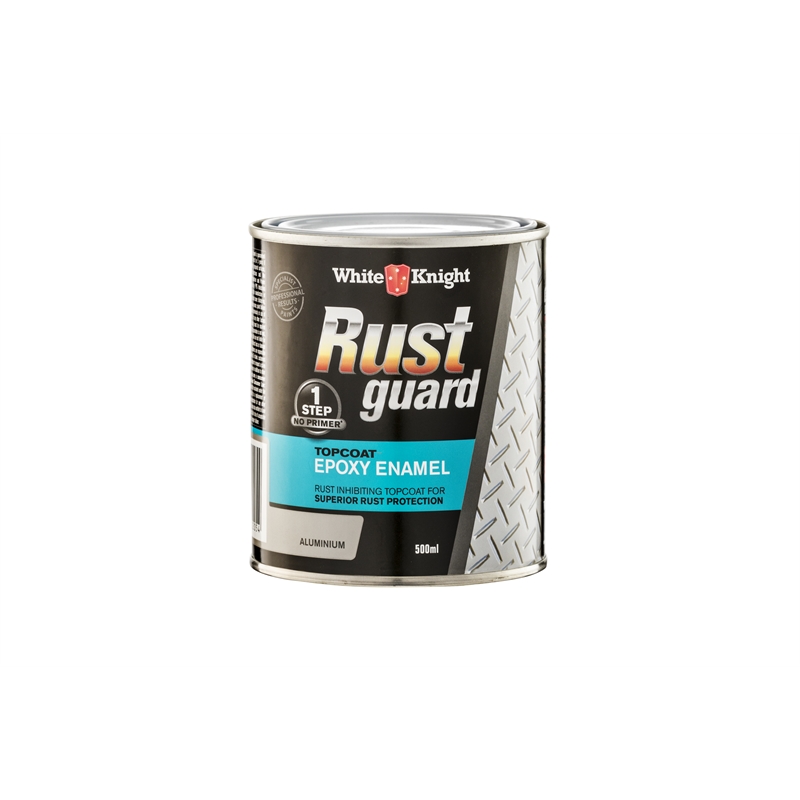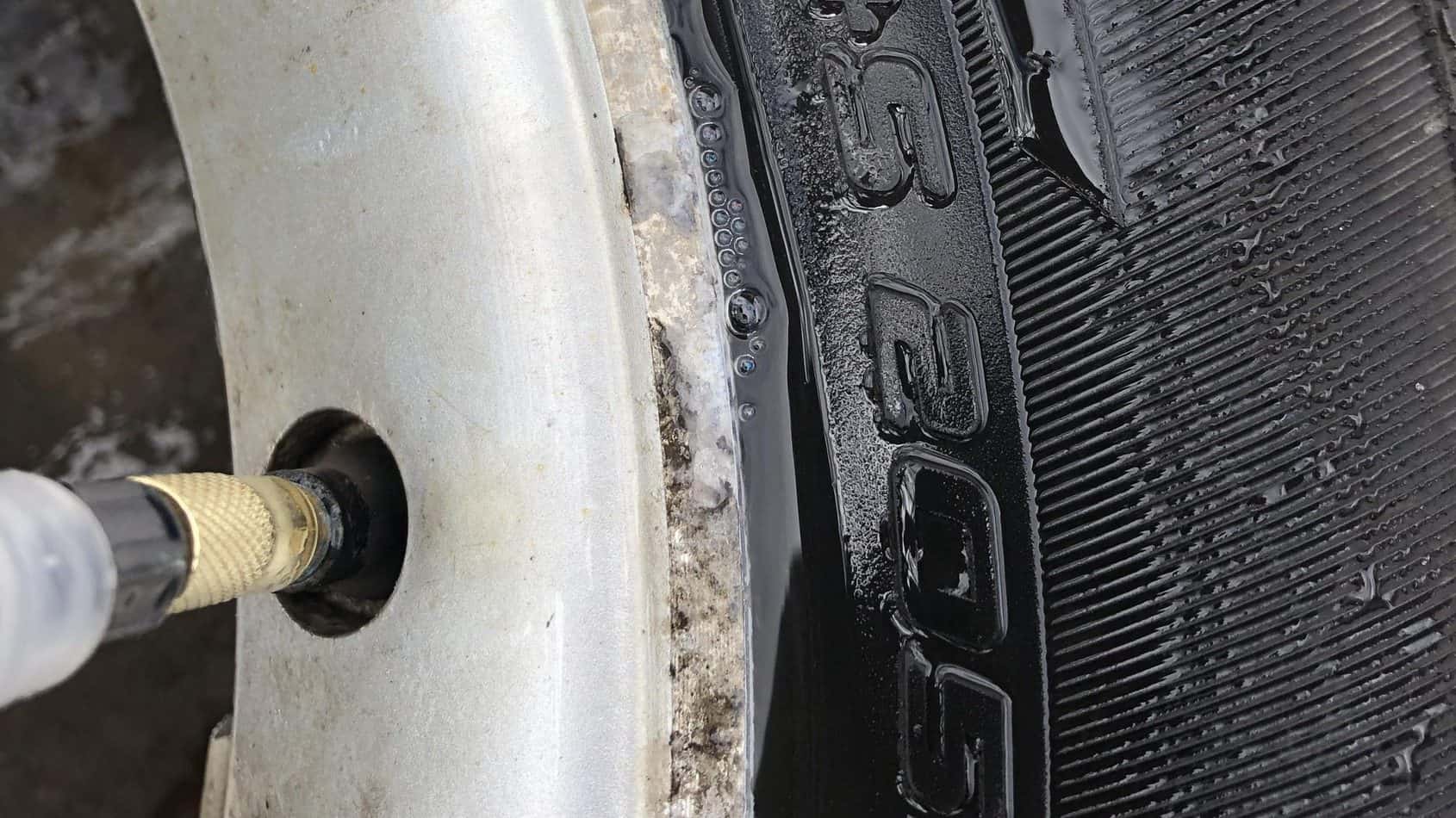

Pitting Corrosion: For aluminum, the most common pitting corrosion is halide ion, and chloride ion (Cl-) is the most common in use, such as NaCl (saltwater, the main source is seawater).
Will aluminium rust series#
The main one in this series is 6061 aluminum alloy.Ĭorrosion of Aluminum and Aluminum Alloys 6xxx series, contains approximate proportions of silicon and magnesium to form magnesium silicides, which makes them heat-treatable and has good corrosion resistance.As the magnesium content increases, the tendency of pitting corrosion increases as the amount of cold working deformation increases, the susceptibility to stress corrosion and denudation increases. 5xxx series, Magnesium is the main alloying element, have pitting corrosion, intergranular corrosion, stress corrosion and denudation tendency.This is due to the fact that silicon particles are highly polarized, resulting in low corrosion current density. 4xxx series, silicon is the main element, but silicon has the least influence on the corrosion resistance of these alloys.Better than pure aluminum in dilute hydrochloric acid No such alloys have a tendency to stress corrosion cracking. The corrosion resistance in the atmosphere is similar to that of industrial pure aluminum, the same as pure aluminum in seawater. 3xxx series, Manganese is the main alloying element in this type of alloy.

Therefore, these alloys are usually coated with 6xxx series high-purity alloys or magnesium-silicon alloys in sheet form to provide electrical protection for the core material, thereby greatly improving corrosion resistance.

This self-protection feature makes aluminum highly resistant to corrosion.

When the surface of aluminum is exposed to the atmosphere, it will immediately form a thin invisible oxide film (Al 2O 3♳H 2O) to prevent further oxidation of the metal. Aluminum does not rust or corrode under most conditions of use and has high corrosion resistance.


 0 kommentar(er)
0 kommentar(er)
